7 factors that can affect fertility
Not everyone becomes pregnant when they plan to. Here’s what might be getting in the way and what you can do about it.
Updated on April 19, 2024
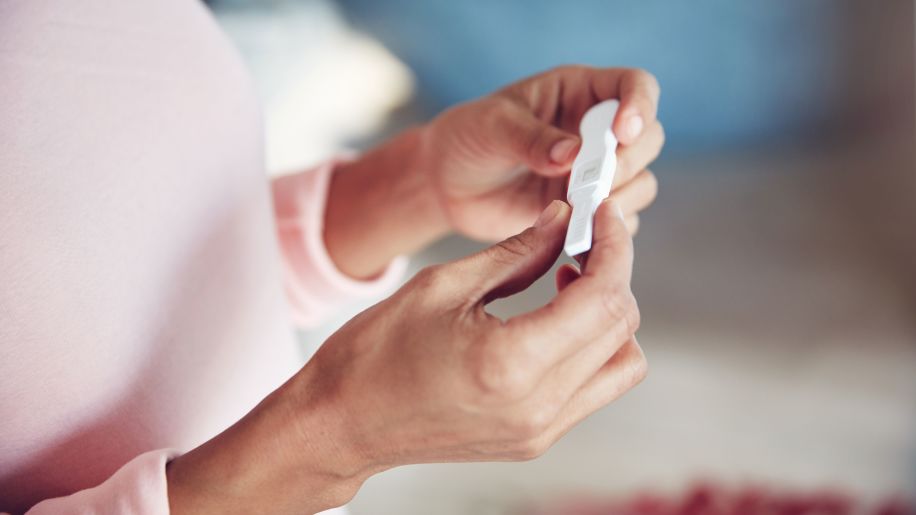
Whether you’re planning to start a family or add to your existing one, pregnancy can be a complicated process. Some people conceive right away, while it can take others months or years to get a positive pregnancy test. Everyone has a unique set of circumstances and the ability to become pregnant and to sustain that pregnancy depends on many factors.
According to the Centers for Disease Control and Prevention (CDC), one in every eight couples has difficulty getting pregnant or staying pregnant. Single people who are trying to become pregnant may have additional challenges, as they navigate the world of egg and/or sperm donors, insemination, and in vitro fertilization (IVF). Some causes of infertility are controllable and avoidable, while others aren’t.
If you’re trying to become pregnant, or looking ahead to the future, there’s more to it than age (although that does play a role in the ease with which you may become pregnant). Women over 35 have an increased risk of infertility. Men also see a decline in fertility as they age.
Here's how Peter Nassar, MD, an OBGYN with Saint Agnes Care Obstetrics and Gynecology in Fresno, California, prepares his patients for conception, plus some of the factors that can affect fertility.

Ovulation and other factors
It may seem as if some people can get pregnant the very moment they decide they’re ready to be a parent but it can take a while for many others. It makes sense: Our bodies have their own schedules and cycles and things have to be timed right for success.
“To get pregnant [through intercourse], you need an egg, a functional ovary, a good, healthy sperm count, a meeting place for the sperm and egg, and you need to have sex during ovulation so all of this can happen,” says Dr. Nassar. This means the sperm has to travel through the uterus and join with a mature egg that’s traveling down one of the fallopian tubes from the ovary to the uterus. And it’s only during the short window of ovulation—usually sometime between days 10 and 14 of a menstrual cycle—that a mature egg is released.
For these reasons, it can take several months for the timing to align for pregnancy—so don’t get discouraged if it doesn’t happen right away. But if things aren’t going as planned after months of trying, there may be other factors at play.
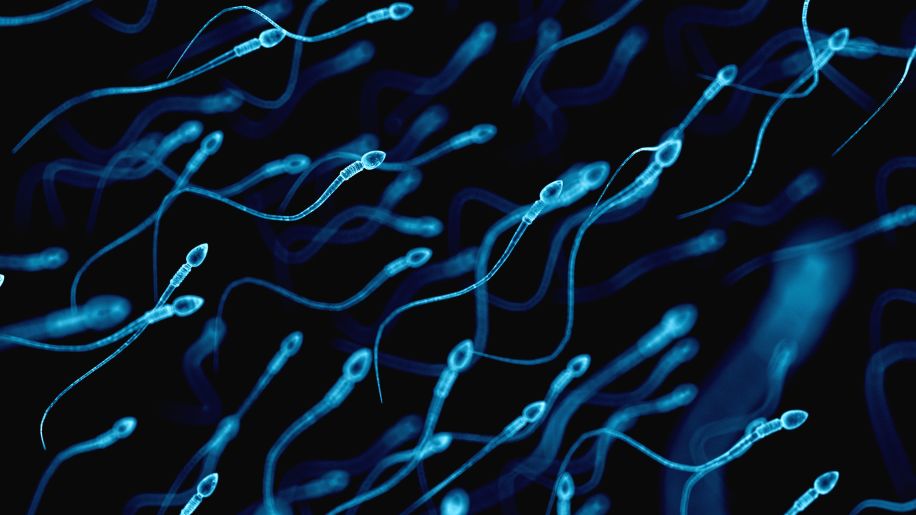
Unhealthy sperm or low sperm count
In addition to ovulation and the health of the egg, the sperm have to be in good shape as well. Some research suggests that sperm counts may be declining across the globe over the past several decades. Although experts are still debating this trend—and whether a decline in sperm counts actually translates into a decline in male fertility—research suggests that rising rates of obesity, alcohol and drug use, smoking, poor sleep, psychological stress, and exposure to environmental chemicals may have a negative impact on male fertility.
On an individual basis, factors that damage the sperm can cause fertility issues. Varicoceles can reduce sperm count and damage the quality of the sperm, says Nassar. (These are enlargements of the veins within the scrotum, the bag of skin that holds the testicles.) Most varicoceles don't require treatment, but if they're causing pain or if a fertility specialist determines they're interfering with your ability to conceive, the condition may require surgery.
Increased temperature to the testicles is another possible cause of low sperm count. "We discourage the use of saunas or hot tubs and we always say to wear loose underwear rather than tight. Tighter underwear can increase the heat down there," Nassar says. He recommends that truck drivers in particular should be wary of sitting on warm cloth seats for long periods of time, since that can increase the temperature of the testicles and decrease sperm count. Leaving laptops propped on the lap for long periods of time and keeping smartphones in front pants pockets for long periods of time may also increase temperature.
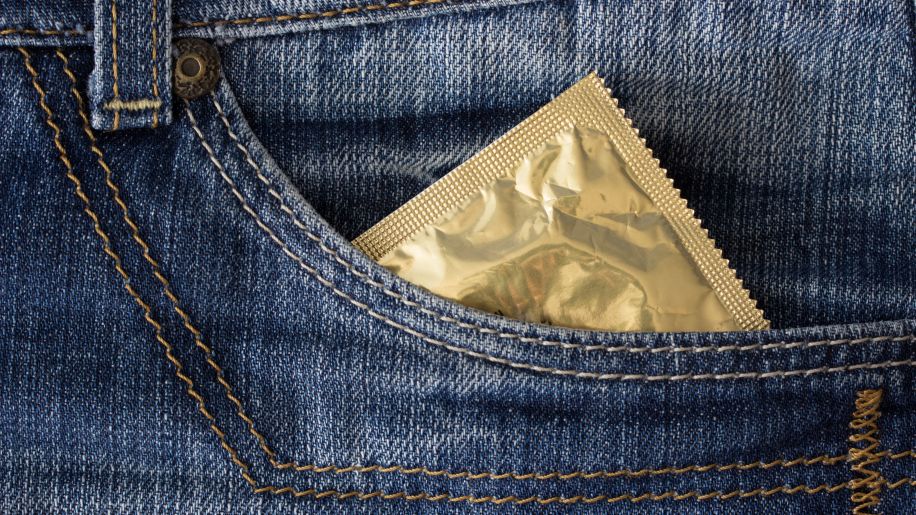
Sexually transmitted infections (STIs)
STIs can affect fertility for all sexes. Chlamydia, for example, can affect sperm. “STIs can affect the ejaculatory ducts that the sperm pass through. They can cause scarring of the ducts, and that can cause damaged sperm and decreased count,” says Nassar.
STIs such as chlamydia and gonorrhea can cause pelvic inflammatory disease (PID), an infection of the female reproductive organs that can permanently damage the fallopian tubes and uterus, among other issues.
It’s important to stay up-to-date with your screenings and to always practice safe sex. The CDC recommends that all sexually active women ages 25 and younger—and any older women who are at an increased risk—get screened for chlamydia and gonorrhea every year. Annual screenings for chlamydia and gonorrhea are also recommended for men who have sex with men or any man who is exposed to or has had previous exposure to these infections.

Drug and substance use
With legalized cannabis (marijuana) increasingly available across the country, it’s important to keep in mind that both drug and tobacco use may impact fertility, says Nassar. “Marijuana, tobacco, and illicit drugs can actually decrease a man’s sperm count, prevent the sperm from being able to move, and can cause an increase in defective sperm,” he says. One large Chinese study found that tobacco smoking was associated with lower sperm count and an increase in defects in sperm, though pH levels and motility (the ability of sperm to move) were unaffected.
A large meta-analysis of nearly 11,000 smoking women and 19,000 nonsmoking women showed that there was a substantial increase in infertility issues in smokers when compared to nonsmokers. If you’re looking for a reason to quit smoking and planning to become pregnant, improving your fertility could be a great motivator.
Cutting down on alcohol may also be a good idea. The American Society for Reproductive Medicine states that higher levels of alcohol consumption (more than two drinks per day) may have a negative impact on fertility and that alcohol should be used in limited to minimal or moderate amounts while trying to get pregnant, and not at all should conception occur.
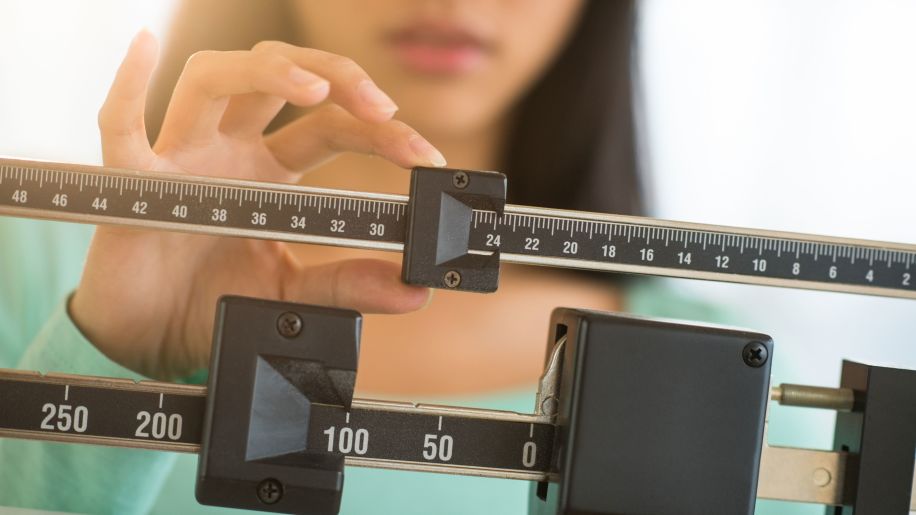
Weight issues
Though people of all different body types can and do become pregnant, being overweight may have an effect on fertility. One out of three adults in the U.S. is considered obese and those numbers have increased the most among men in the last few years.
“In general, obesity by itself can decrease the quality of a man’s sperm. On top of that, fat tissue in men and women secretes estrogen, and if estrogen levels increase in a man, it can lead to a decrease in sex drive, irregular testosterone levels, and erectile dysfunction, which all affect fertility,” says Nassar.
When people who are menstruating have increased estrogen production because of body fat, it can affect their menstrual cycle, Nasser adds. “These hormonal changes make your body think that you don’t need to produce estrogen from your ovaries, which can halt ovulation.”
Nassar says to remember that everyone has their own threshold. “Some patients who are normally 120 pounds get to 127 pounds and they stop ovulating. But I’ve had other patients who are 270 pounds who ovulate every month and get pregnant, no problem.”
If you tend to yo-yo diet—repeatedly losing weight on a strict diet, then gaining much of it back—weight fluctuations can make your body think you’re under stress and that can cause it to stop ovulating, says Nassar. Being underweight can shock your body, too, so maintaining a healthy weight is ideal. Talk to your healthcare provider (HCP) about finding an eating and exercise plan that works for you. Maintaining a healthy weight will not only help with fertility, but it can improve your overall health.

Stress
While there isn’t any proof that stress can cause infertility, stress may impact your cycle. “If you have major stressors in your life, it can affect your hormone balance and throw off your ovulation, making it harder to produce or release eggs,” says Nassar. Whether your stress is related to infertility, work, caregiving, or a combination of several things, you may want to practice stress-relief exercises if you’re trying to get pregnant. Some to try include:
- Write out your thoughts—both positive and negative—in a daily journal.
- Try meditation: Spend 5 minutes in the morning in a quiet place listening to your breath.
- Exercise, but remember that extreme exercise could impact ovulation. Listen to your body and if you feel like you’re pushing it too hard, back off for a bit.
- Take some time for yourself. A quiet morning spent sipping coffee or a relaxing bath before bed can help you relax.
- Get together with friends or your partner for fun outings, such as a walk through a botanical garden, a board-game night, or a visit to a day spa.

Hormonal issues and health conditions
There are several health conditions that can prevent fertilization, implantation, or a successful pregnancy:
- Endometriosis
- Pelvic inflammatory disease
- Polycystic ovary syndrome
- Uterine scarring from a dilation and curettage (D&C) surgery after miscarriage
- Diabetes
- Thyroid disorders
- Uterine fibroids
If you have one of these conditions, it’s important to talk to your HCP about the best way to manage symptoms before trying to conceive.

3 More ways to increase fertility
Every person who is trying to get pregnant is different, but there are a few general strategies Nassar recommends trying to help improve your chances. Before you try to conceive, start tracking your menstrual cycle, taking note of symptoms like blood flow and cramps, so you can share them with your OBGYN. If you’re trying to conceive through intercourse, have sex during ovulation. You can track your most fertile days with a few strategies:
- Buy an at-home ovulation predictor kit that detects hormonal surges and can predict your day of ovulation. To use one, you pee on a test strip, similar to home pregnancy tests.
- Test your basal body temperature. Temperature usually increases slightly during ovulation.
- Observe your vaginal discharge. It usually looks like egg whites and is thin and stretchy in consistency during ovulation.
Most OBGYNs suggest that if you’ve been trying for a year and haven’t become pregnant, consult with your OBGYN or a fertility specialist. People over 35 may want to see their HCP after 6 months of trying, and those over 40 should visit their HCP right away if they're unable to get pregnant. Your HCP can help determine what may be going on and treat any conditions or issues to help increase your chances.
“I have a lot of patients who wait for years because they didn’t know their doctor could help them make one little hormonal change that would help them ovulate, or that their sperm count was low,” Nassar says. “You don’t have to go through it alone. Talk to your OBGYN so they can help you come up with a plan.”

Mazur DJ, Lipshultz LI. Infertility in the Aging Male. Curr Urol Rep. 2018 May 17;19(7):54.
Tong N, Witherspoon L, Dunne C, et al. Global decline of male fertility: Fact or Fiction? BC Medical Journal. 2022;64(3):126-130.
Bundhun PK, Janoo G, Bhurtu A, et al. Tobacco smoking and semen quality in infertile males: a systematic review and meta-analysis. BMC Public Health. 2019 Jan 8;19(1):36.
American Society of Reproductive Medicine. Optimizing Fertility: A Committee Opinion (2022. Accessed September 8, 2023.
Harvard T.H. Chan school of Public Health, Adult Obesity. Accessed September 11, 2023.
Hatch EE, Willis SK, Wesselink AK, et al. Male cellular telephone exposure, fecundability, and semen quality: results from two preconception cohort studies. Hum Reprod. 2021;36(5):1395-1404.
Featured Content

article
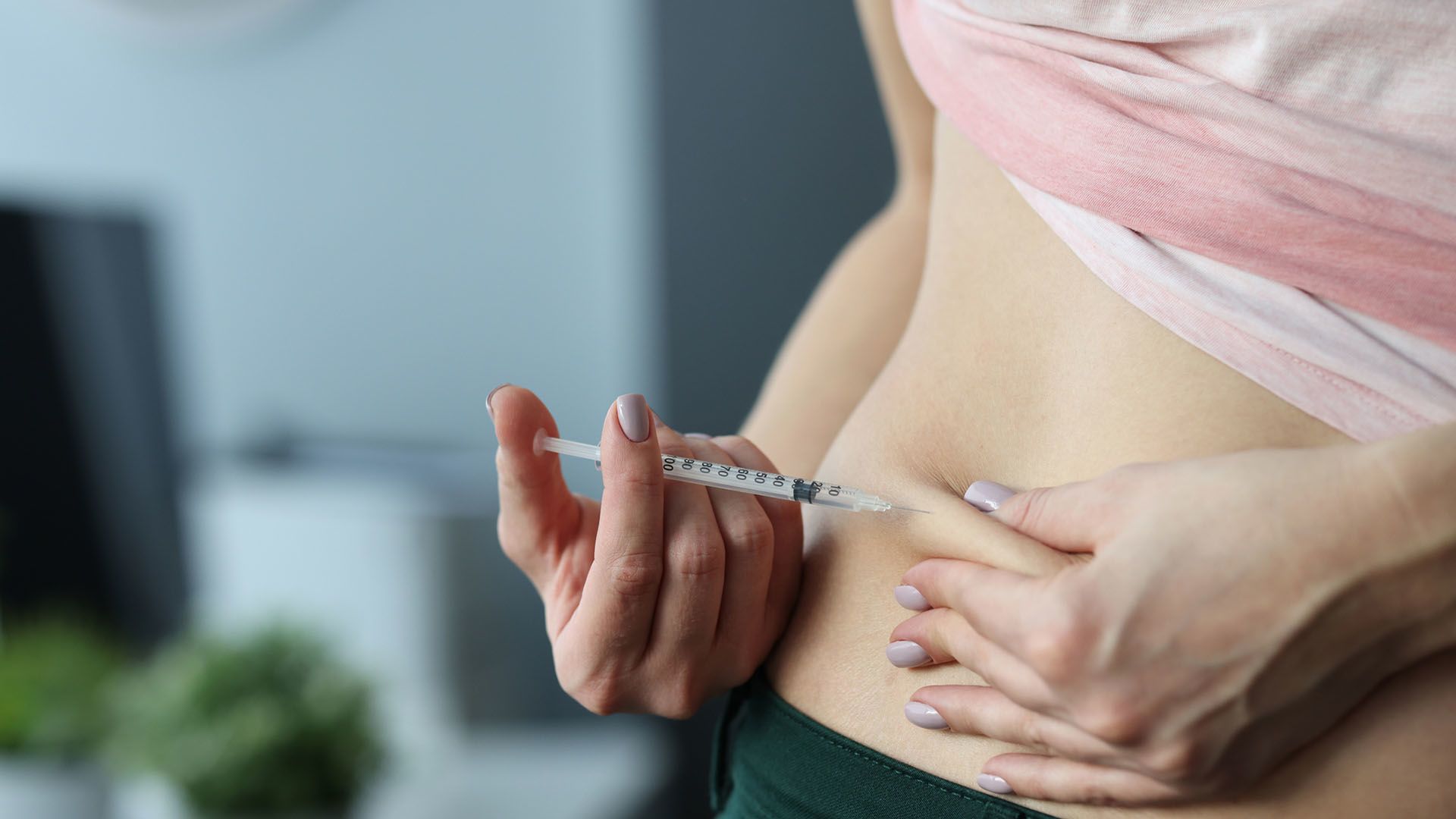
article

article
